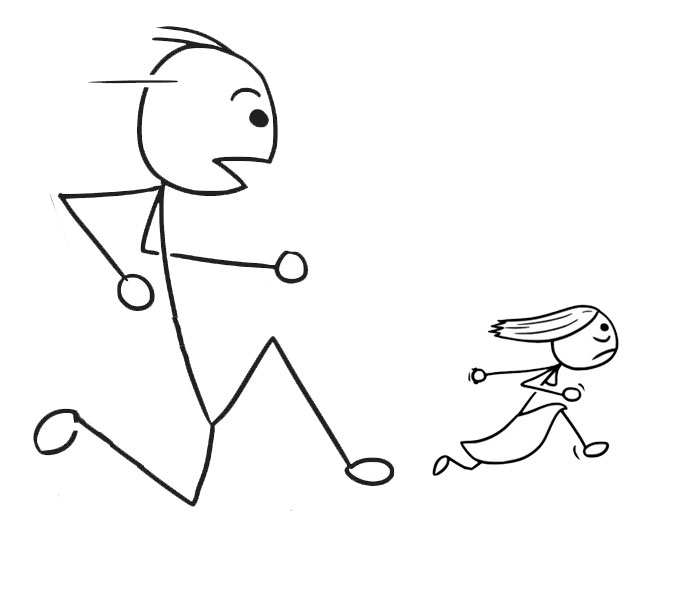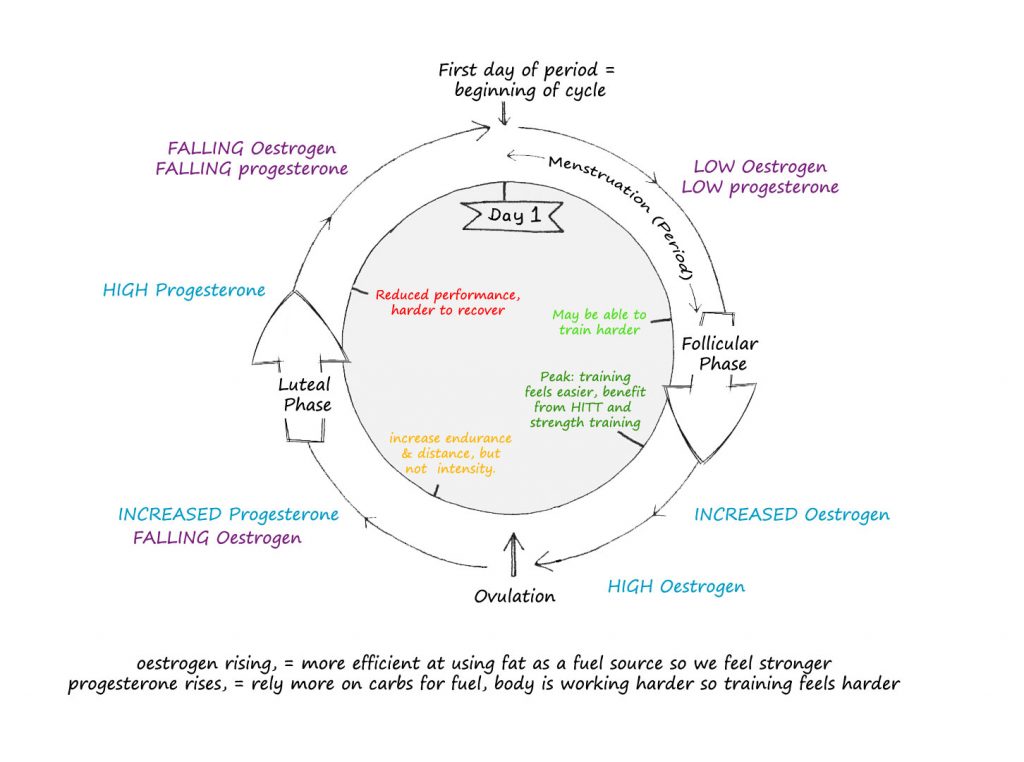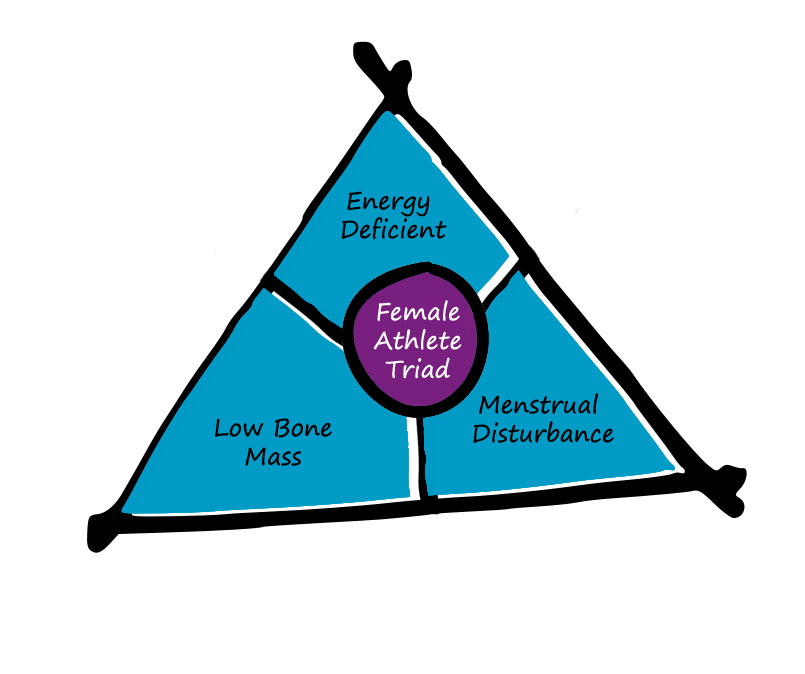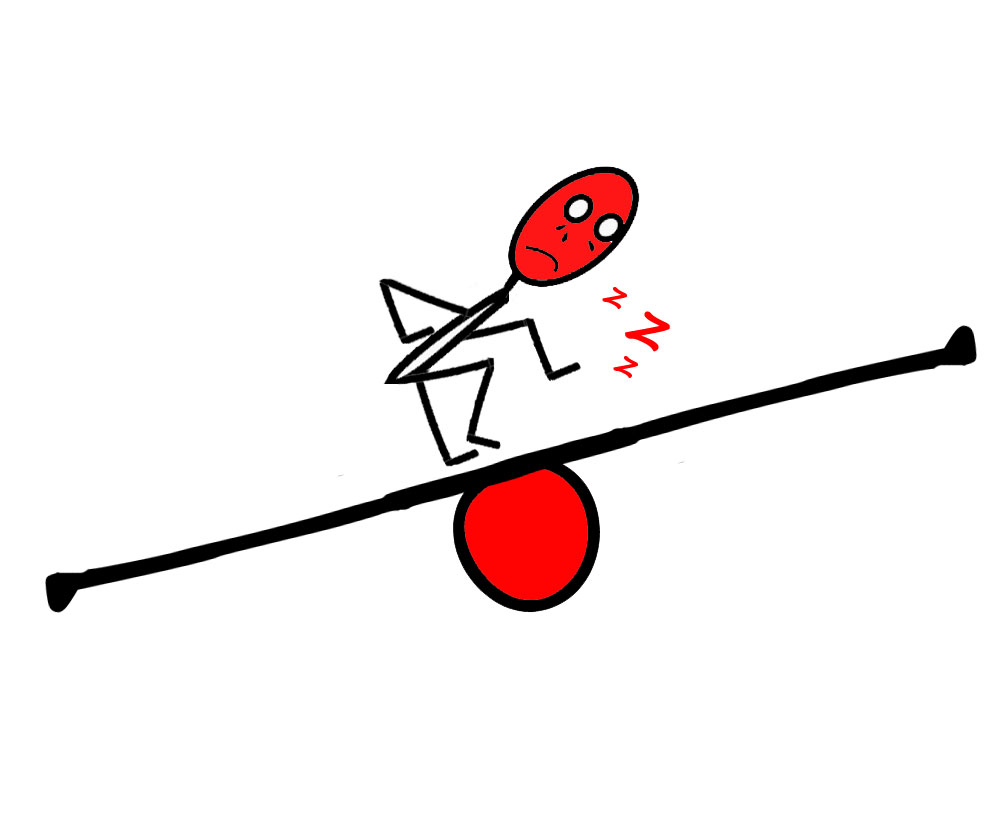How women should train: We are not small men!*
*© Dr Stacy Sims

Paula Radcliffe broke the world marathon record in Chicago in 2002 despite suffering period cramps during the latter stages of the race
‘It’s the time of the month’ is whispered under the carpet. But why? Half the population are women. The female physiology changes with fluctuating hormones which has a vast impact on the body’s energy levels and performance.
How can women harness these hormones to perform their best at the right time of the month? Period.
Let’s explore this a little more.
Women
Understand your menstrual cycle, take advantage of your hormones so you can manage your training and perform to the best of your ability. Harness your potential at the right time of the month to feel better mentally & physically.
Men
Understand why women may perform really well and other times they will feel like they can't move. Tune into your own body too, you too may be suffering from low energy, Relative energy Deficiency Syndrome - RED-S can affect men too.
Women often are given the same training sessions as men, either from their ‘coach’ or from a general plan on the internet. Have you (if you are female) ever had a plan and questioned whether its been written by a male or female and does it take into consideration your own individual menstrual cycle? The female body is never the same each week, have you ever questioned how it impacts your running? Do you sometimes ‘miss’ sessions or not perform as well as your training plan would suggest? Have you ever monitored this throughout the whole month to find patterns?
This is what it looks like:

Dial into what sort of training you can do through your cycle.
Assuming a 28-day cycle:
- Low oestrogen and progesterone
- Towards the end of the period you may be able to train harder as energy increases and oestrogen starts to rise.
- It may take you longer to recover due to the increase in inflammation so pay attention to recovery strategies
Day 8-14
- Increased oestrogen
- Training feels easier – get some strength training and high-intensity workouts in. It will be when you are at your strongest. You will be able to push and go harder.
- A higher pain threshold means you’ll be at peak performance
Day 15-21
- Increased oestrogen and increased progesterone
- Increase endurance and distance, but not increase intensity.
- If you have a race in the luteal phase, increase carb stores to help performance.
Day 21-28
- Falling oestrogen and falling progesterone
- Lighter or moderate-intensity will be more effective during this time.
- Make sure you are eating and recovering properly
- When Oestrogen is rising your body is more efficient at using fat as a fuel source so we feel stronger.
- As progesterone rises your body relies more on carbs for fuel, it is working harder so training feels harder.
The status quo is to ignore everything, and train like men.
The Female Triad
If you do not have a cycle go and see a specialist.
The ‘Female Athlete Triad’ is a combination of any of the three conditions observed physically active females; low energy availability, menstrual problems and weak bones, this can lead to susceptibility to stress fractures and early onset of osteoporosis


RED-S
Relative Energy Deficiency in sports, better known as RED-S include a number of other symptoms beyond the Female Triad, and takes men into account. It is when an athlete doesn’t have enough energy intake relative to the amount of training they are undertaking, and it affects BOTH male and female athletes. Low Energy Availability (LEA) can be measured more obviously in women if their menstrual cycle is disrupted. However, MEN – get in tune with your body as it can happen to you.
LEA impacts all aspects of your health, including:
- Your metabolic rate.
- Bone health which increases the risk of stress fractures
- Hormone production in the reproductive system including oestrogen and progesterone in women and testosterone in men. Hormones are important for driving the adaptations to exercise, so any disruption of this system will reduce your performance and training ability.
- Hinder growth in younger athletes.
- Affect the immune function, heart health and mental health.
So can be detrimental to health and performance.
If you have any concerns about your energy levels; male or female, or your menstrual cycle if you are female, please do not ignore them, go and seek professional advice straight away. There are people out there to help you.